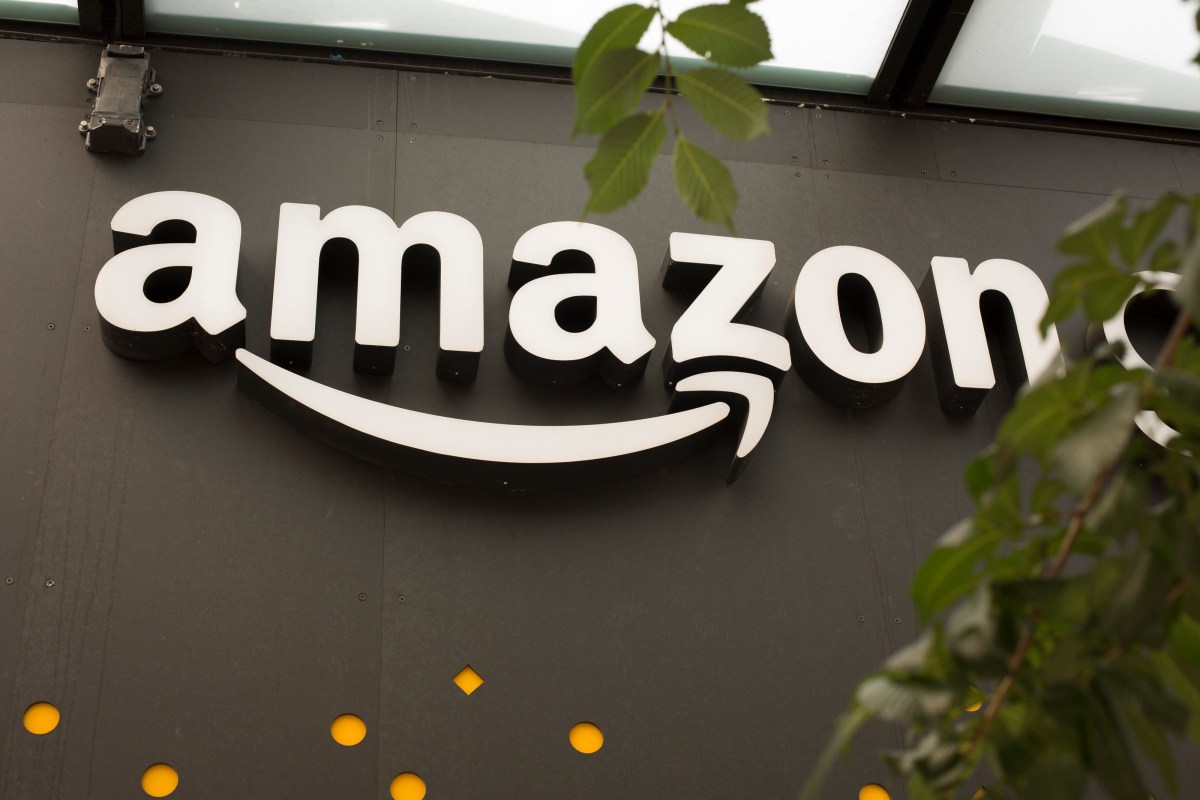After Amazon revealed its version of a “classic” if not surprising “late-episode shock,” that it’s HQ2 would be split between two host cities, the retailer cemented its status as overhyped and over-exploitative.
That’s the argument laid out in The Atlantic since the two winners — New York City and Washington D.C., where Amazon founder Jeff Bezos owns a home and a newspaper respectively — aren’t innovative or unprecedented.
It was also a 13-month-long charade for an American company to get American cities to spend absurd amounts of money and compete against one another for jobs.
There are three main problems with this “system of corporate giveaways,” according to The Atlantic, is that they’re redundant: “Companies often decide where they want to go and then find ways to get their dream city, or hometown, to pay them to do what they were going to do anyway.”
They don’t guarantee that companies will live up to their end of the bargain and, even when the first two issues don’t arise, “it’s still ludicrous for Americans to collectively pay tens of billions of dollars for huge corporations to relocate within the United States.”
The solution? Congress could pass a law that bans this kind of national competition among states or the federal government could threaten to withhold funds from mayors and governors who try to poach companies away from other cities and states.
Thanks for reading InsideHook. Sign up for our daily newsletter and be in the know.


















